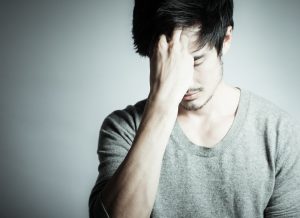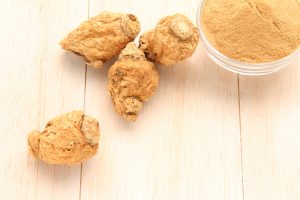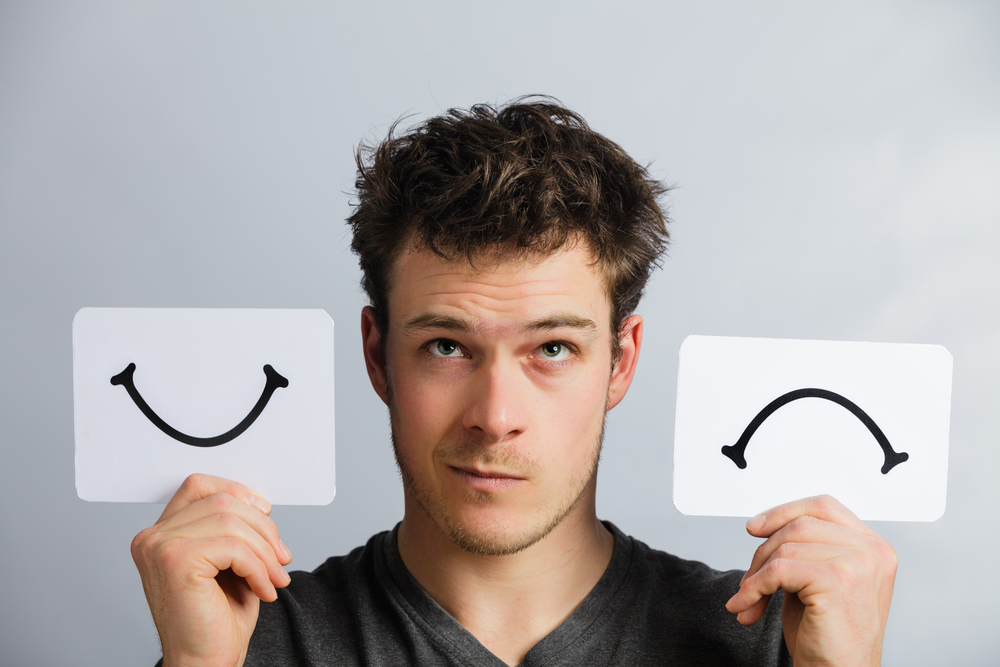Testosterone doesn’t just fuel your sex drive. It plays a big role in keeping you healthy and fit throughout your life. Testosterone is crucial for your sexual function, but that’s not the only thing that this important male hormone does for you.
You need testosterone for the development of your muscles, for producing sperm, and for maintaining normal bone density, among others. And yes, testosterone does affect your mood. Continue reading to find out how testosterone influences your emotional well-being.
What Does Low Testosterone Do to You?
If you’re still an adolescent going through puberty and you’re low on testosterone, chances are you’ll have problems with the growth of your pubic hair, muscle development, and the deepening of your voice.
If you’re a sexually active adult, low testosterone levels mean you’ll have problems with your sex drive, sperm production, and even your erectile function. Not only that, but you’ll also experience a significant increase in your body fat, especially in your midsection, making you more likely to develop cardiovascular diseases and type 2 diabetes.
You’re also in danger of suffering from testosterone-related osteoporosis since low testosterone levels can lead to a decrease in your bone density. And when you have osteoporosis, you’re more likely to sustain injuries and fractures from falls.
If your testosterone levels are severely low, this can even lead to gynecomastia. You’ll also most likely suffer from hair loss. Moreover, low testosterone levels can lead to impaired testicular function and cause your testicles to shrink.
How Does Testosterone Affect Your Mood?
Men with low testosterone levels typically complain of fatigue and depression. In fact, some of the symptoms of low testosterone levels are very similar to, and sometimes indistinguishable from, the symptoms associated with anxiety and mood disorders.

For instance, men with extremely low levels of testosterone caused by hypogonadism often display decreased energy. Major depressive disorder or depression also causes symptoms of fatigue and low energy.
Hypogonadism can also cause feelings of sadness, as well as decreased motivation and confidence. These symptoms can manifest in the same manner as the pervasive depressed mood associated with major depressive disorder.
In addition, hypogonadism can also make it difficult for you to concentrate. Depression, on the one hand, can cause your ability to think and concentrate to become diminished or impaired.
Various studies have verified the association between major depressive disorder and low levels of testosterone. Results have consistently shown that men with depression had lower levels of free and total testosterone compared to non-depressed men of similar age.
In a European study involving more than 3,000 men aged 40-79 years, the researchers found that testosterone levels were significantly associated with low libido, poor morning erection, impotence, fatigue, and depression.
Based on the scientific evidence, researchers are saying that if you have low testosterone levels and you don’t get it treated, it can predict the onset of major depressive disorder. This means that you will soon become depressed if you don’t address your problems with your testosterone levels.
What Can You Do to Raise Your Testosterone Levels?
For men with hypogonadism, testosterone therapy is one of the most recommended treatments. However, it’s not without any side effects, which is why a lot of men with low testosterone levels prefer natural means to treat their condition.
You can raise your androgen levels without undergoing testosterone therapy through various ways. Exercise, for one, is known to benefit men whose testosterone levels are low. In addition, working out regularly is also an excellent way to manage your weight.
If you’re overweight, that can contribute to low testosterone levels too. Hence, losing even just a little weight can already help raise your levels of testosterone. If you feel like you don’t have the energy at all to exercise, you should try taking Tongkat Ali supplements, which are known to have energy boosting effects.
And you can combine it with fenugreek to help you lose those unwanted pounds. Both Tongkat Ali and fenugreek are known to have testosterone-boosting effects, and they can really help get your testosterone levels back to normal in no time at all. Tongkat Ali works on your testicular cells to help improve your production of testosterone.
On the one hand, fenugreek exerts inhibitory effects on aromatase, the enzyme that produces estrogen out of testosterone. This means that when you take a supplement that contains these two amazing herbs, both your free testosterone levels and total testosterone levels will improve.
Plus, you also get to enjoy the mood-enhancing and erection-enhancing effects of Tongkat Ali, so that should really help with many of the symptoms associated with low testosterone levels. If you’ve been feeling anxious or stressed, Tongkat Ali can help lower your cortisol levels to reduce your stress. It’s also known to help relieve anxiety.

When it comes to natural mood enhancers, maca and Ashwagandha are also popular. These herbs are actually widely used for their adaptogenic properties. Not only will they help calm you down when you’re stressed, depressed, or anxious, but they can also help improve your hormonal balance.
And just like Tongkat Ali, both maca and Ashwagandha are also associated with improved sexual function, increased energy, and enhanced fertility, which makes them ideal for men with low testosterone levels who suffer from symptoms like sexual dysfunction, fatigue, and infertility.
Other herbs that are also scientifically known to help improve testosterone levels include Horny Goat Weed and Tribulus terrestris, both of which are also popular for their sex-enhancing properties. In fact, they’re highly recommended for men with erectile dysfunction.
The Bottom Line
Although it’s natural for your testosterone levels to drop as you advance in years, you don’t have to let it negatively affect your mood and sexual function. You can easily counteract the effects of aging on your testosterone levels by following a healthy diet and being physically active.
And you can further increase your testosterone production and raise your free testosterone levels by taking herbal supplements that are scientifically proven to be safe and efficacious in raising androgen levels.







